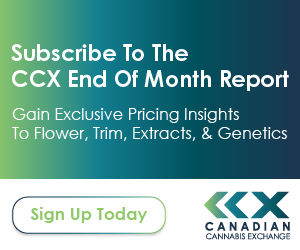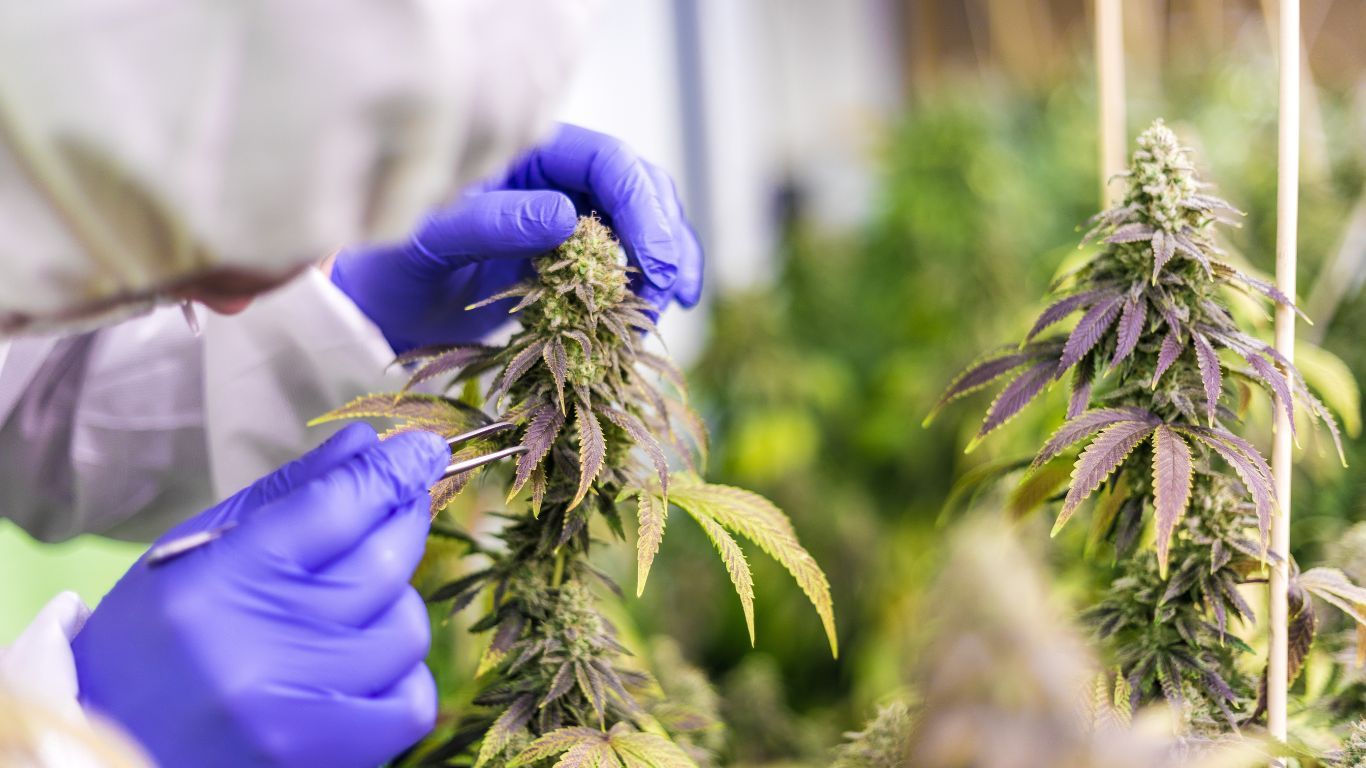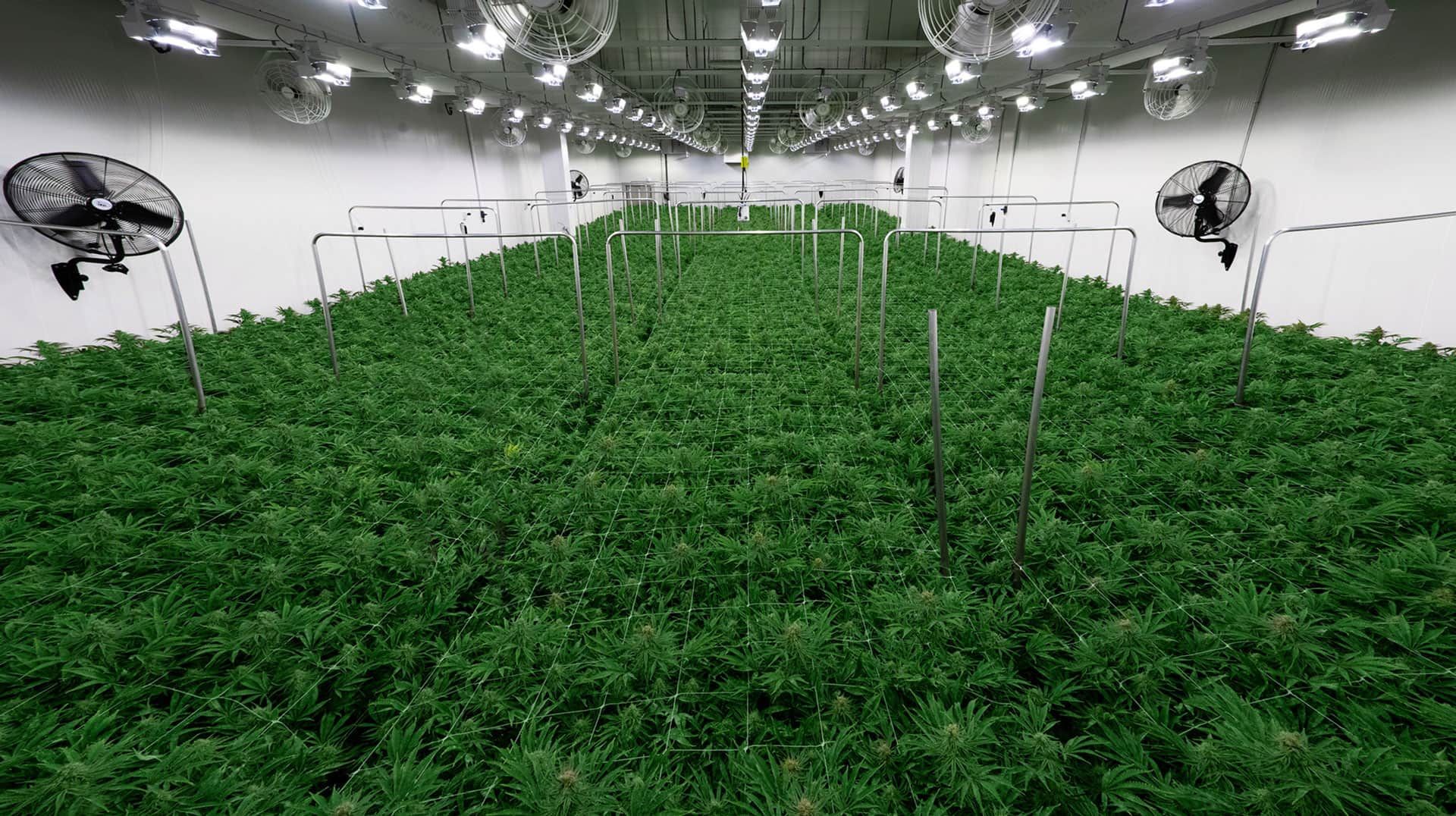
BC Minister of Public Safety and Solicitor General Mike Farnworth gave a detailed breakdown of the state of legal and illegal cannabis in BC today in a House Committee meeting.
Prompted by a series of questions from MLAs Greg Kyllo (Shuswap) and Mike Morris (Prince George-Mackenzie), Farnworth provided more information about the province’s recent pilot project around testing cannabis seized from illicit retailers, as well as the province’s approach to enforcement of it’s retail regulations.
The entire video is available below, some of the topics discussed are highlighted here:
Pilot Project will continue, enforcement is increasing
Minister Farnworth says the pilot project was his idea and product testing and the release of these results to the public will continue. He also notes that enforcement against illicit retailers will continue to increase.
$13.4 million in cannabis seized, $1.2 million in administrative penalties collected
Enforcement in BC began in July of 2019, and the BC Community Safety Unit (CSU) that oversees BC’s retail cannabis regime has undertaken 67 inspections that resulted in the seizure of $13.4 million worth of cannabis. Another 25 administrative penalties have been levied, and so far three of these have been paid, for a total of $1.2 million. As a potential explanation for why more of these have not yet been paid, Farnworth explained that these administrative penalties are subject to a hearing.
50-75 illegal retailers are currently operating in BC
While BC had an estimated 300-400 illicit retail stores before legalization on October 17, 2018, Farnworth estimates that there are currently 50-75 operating in the province. This information comes from community complaints, information from municipalities, law enforcement, and others, he explains.
Although Farnworth says he is confident in those numbers, MLA Kyllo questioned the accuracy of this estimate, saying there are 20 illicit retailers in his riding of Shuswap alone. Farnworth explained that while a large number of retailers were well-established pre-legalization, many are now “pop-up” shops that are harder to enforce against.
70% increase in legal stores since last year
BC currently has 277 legal retail stores, 250 of them privately owned and another 27 run by the BC Cannabis Store (in addition to the BC Cannabis Store’s online sales portal). There has been a 70% increase in the number of legal cannabis stores from March 2020 to April 2021.
CSU moving from education to enforcement
Farnworth also explained that the CSU is moving from what he describes as an education-based approach—that is, coming in and informing illegal retailers of BC regulations and the possible penalties for non-compliance—and moving to more active enforcement such as issuing fines and seizing products. He also noted that CSU agents do have the ability to recommend charges under the federal Cannabis Act, but largely stick to provincial regulations for the time being.
The CSU, explains Farnworth, currently has 34 current employees, with 10 vacancies they are seeking to fill, and has four regional offices in Surrey, Victoria, Kelowna, and Prince George. The CSU is responsible for compliance and enforcement under BC’s Cannabis Control and Licensing Act (CCLA), with a focus on the illegal sale of cannabis.
BC continues to encourage compliance through Section 119 agreements with First Nations
In response to questions about CSU enforcement on First Nations lands in BC, Farnworth again affirmed that while the BC government sees their provincial cannabis rules as being laws of general application applying to all of BC—including First Nations—they are hesitant to take a law enforcement approach out of concern for it ending up in court. He has mentioned this in the past, as well.
Instead, he pointed out the BC government is taking an approach of encouraging compliance by working with First Nations communities who do wish to participate in the federal and provincially regulated industry though BC’s Section 119 agreements. He pointed to Williams Lake, where the First Nation is working on a micro cultivation and processing facility (Sugar Cane), as well as a retail “farmgate” location on-site with financial assistance from the BC and federal governments, in addition to Unity Cannabis, their own off-site retail store licensed by the province.
Farnworth says he believes this process is working to encourage compliance and says a number of other First Nations in BC are looking at entering into such Section 119 agreements, including the Cowichan Nation. BC is home to a small but growing number of licensed First Nations producers and retailers alongside many cannabis retailers in First Nations communities operating outside of provincial and federal cannabis regulations.
Video link here, relevant section starts at 2:41:00. Transcript here.












